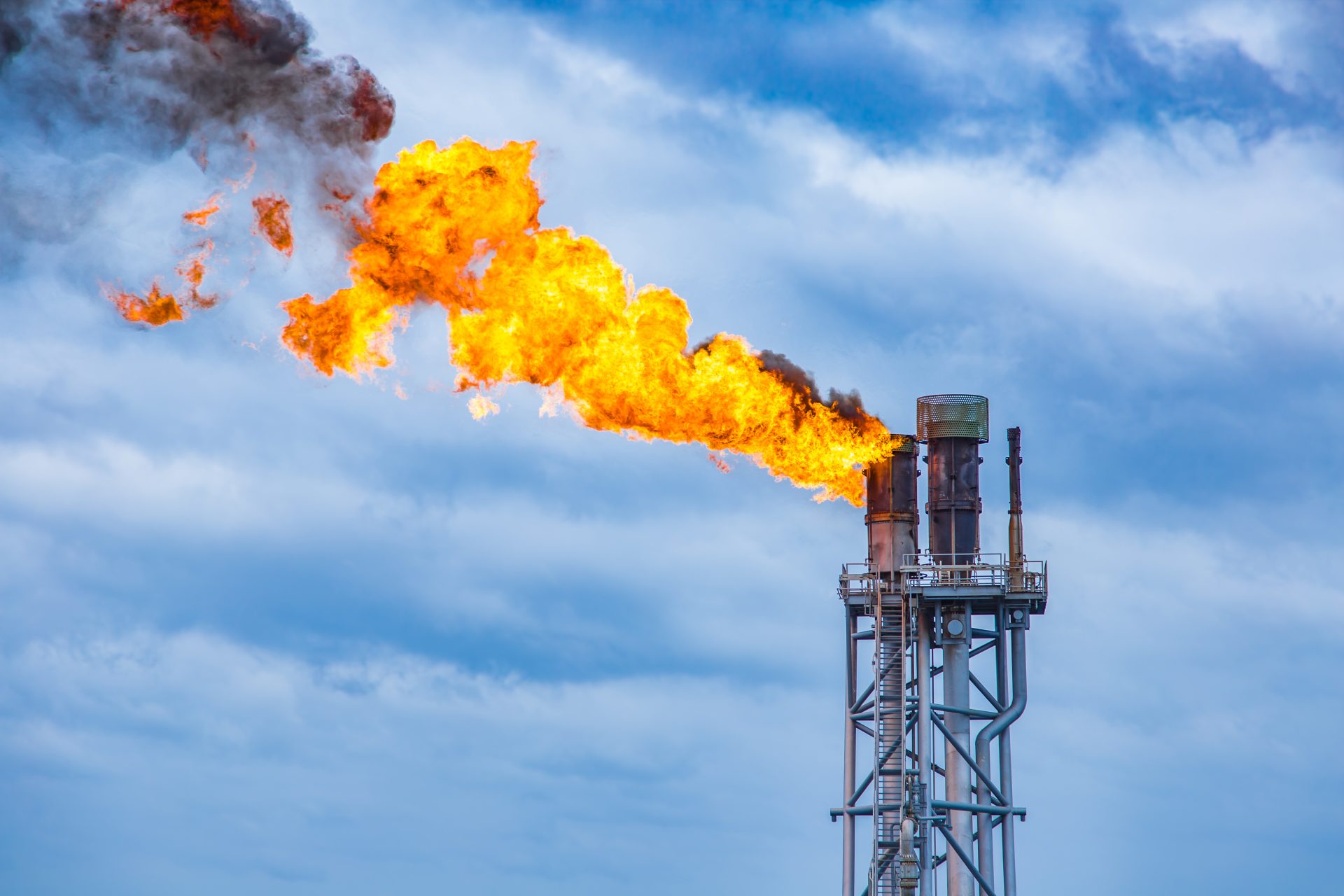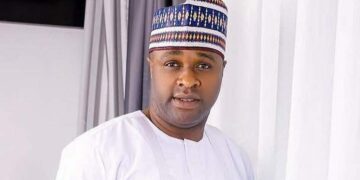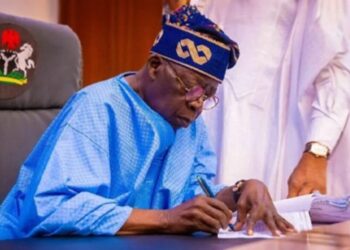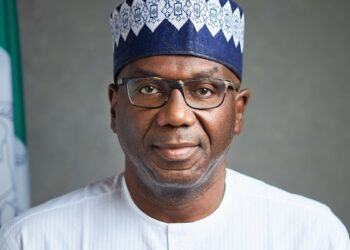
Nigeria is losing not just gas—but billions of dollars, jobs, and cleaner air—through continuous gas flaring, says oil and gas expert Elliot Umole.
According to Umole, who has over two decades of experience in the energy industry, Nigeria is “burning value into the air” while missing out on economic and developmental benefits that could be unlocked through flare gas recovery projects.
“Gas flaring is more than just pollution. It’s a lost opportunity. That wasted gas could power communities, create jobs, and drive profits,” he said in a chat with The Guardian.
$1.9 Billion Burned Away
From 2020 to 2024, gas worth $1.9 billion was flared in Nigeria, releasing 31.6 million tonnes of CO₂ emissions, according to the Nigerian Gas Flare Tracker.
Despite years of regulatory efforts, Umole noted, the problem persists—but with the right investments and policy support, the same gas could be transformed into electricity and job opportunities, especially for host communities.
Umole shared his experience on a micro-scale flare recovery project, where flared gas was converted to electricity—improving energy access, creating local jobs, and cutting emissions all at once.
He emphasized that sustainability doesn’t cost money—it saves money.
“When predictive analytics are used to anticipate equipment failures, downtime is reduced. That’s smart, sustainable business.”
For Umole, sustainability isn’t just environmental—it’s strategic. Clean, data-driven systems reduce costs, build trust with communities, and boost long-term resilience in Nigeria’s oil and gas industry.
He warned, however, against hasty divestment from hydrocarbons, calling instead for a pragmatic energy transition strategy that balances job security, revenue stability, and capacity building.
“Our energy transition must be fair and inclusive. It should reduce our environmental footprint while preserving jobs and building skills.”
To make the shift, Umole called for urgent investment in environmental science, digital tools, and energy transition technologies, closing Nigeria’s skills gap and positioning the country for long-term energy success.


![Viral House Party Video Sparks Conversation on Changing Social Norms Among Nigerian Mothers [Watch Video]](https://kumornews.com/wp-content/uploads/2026/02/Viral-House-Party-Video-Sparks-Conversation-on-Changing-Social-Norms-Among-Nigerian-Mothers-Watch-Video-1-360x180.jpg)















